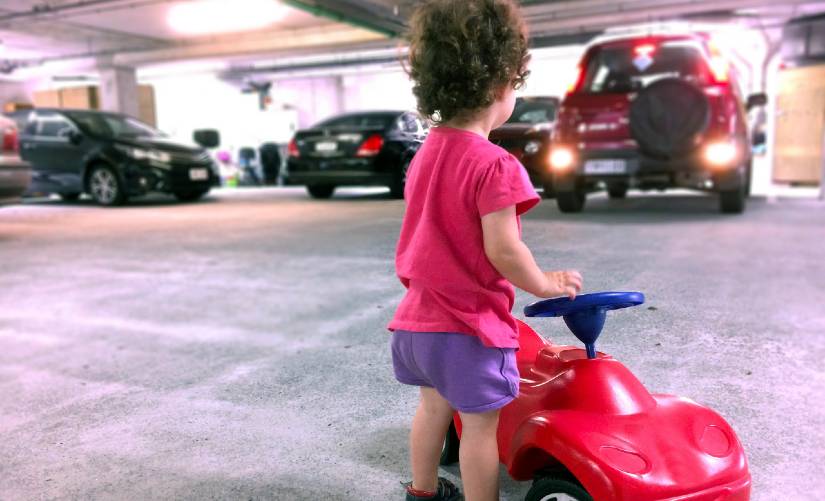When a couple who have children separate, one of the most important things that will need to be decided, following discussion with their family lawyer, is who will have parental responsibility for the children.
Parental responsibility means all of the duties, powers, responsibilities and authority which by law, parents have in relation to their children.
Both parents are legally responsible for their children until a parenting order or plan provides otherwise.
Parenting plans are not recommended, mainly because they are not legally enforceable unlike an order.
In Australia, unlike some other countries, sole parental responsibility is not often ordered in favour of one parent. Australian courts apply a presumption that it is in the best interests of children for their parents to have equal shared parental responsibility.
This presumption is not about the amount of time that children are to spend with each parent.
The Family Law Act 1975 provides that the presumption of equal shared parental responsibility does not apply if there are reasonable grounds to believe that a parent (or person who lives with a parent) has engaged in:
- Abuse of a child.
- Family violence.
A parenting order for equal shared parental responsibility requires each parent to consult with each other about any major long-term issues and make a genuine effort to reach a joint decision about it. Major long-term issues include:
- Health including decisions about major medical procedures.
- Cultural and religious education and upbringing.
- Education, both present and future.
- Travel document authorisation.
- Major changes to living arrangements, such as moving to another city.
- Proposed changes to the child’s name.
A parenting order for sole parental responsibility may be made in relation to some or all major long-term issues.
Any parent who seeks an order for sole parental responsibility of their children, will need to convince the court, that it is in the best interests of the children that such an order be made. The bar is set pretty high and it is not sufficient to argue that the other parent was ‘not a good father’, or that the other parent ‘did not love her children enough’.
The court will adopt a cautions approach to allegations of abuse and family violence and may still allocate shared parental responsibility despite credible allegations being made against one of the parents, if that parent has demonstrated a serious approach to their parental responsibilities.
Circumstances in which sole parental responsibility might be awarded included where there has been abuse or violence which is not trivial, manufactured or exaggerated and there is a significant level of dysfunction in the parental relationship between the parties. In other words, in these circumstances an order for equal shared parental responsibility would inevitably lead to further conflict which could be adverse to the children’s best interests.
Where a parent has sole reasonability for their children, they no longer need to seek agreement from the children’s other parent with regards to most of the major decisions relating to those children.
There is no ‘one size fits all’, in relation to orders for sole parental responsibility and each order will vary in terms of how much, or how little, the parent with sole parental responsibility has to seek agreement with the other parent.
It is important to remember that a parent who spends time with children under a parenting order need not consult the other parent about issues that are not major long-term issues, whether or not the other parent has sole parental responsibility for the children. The court will not interfere with how a parent sees fit to care for children in their care when it comes to day to day decisions, unless the welfare of the children will be advanced in doing so.
Read More:
Can I Take My Children Away on Holiday?
